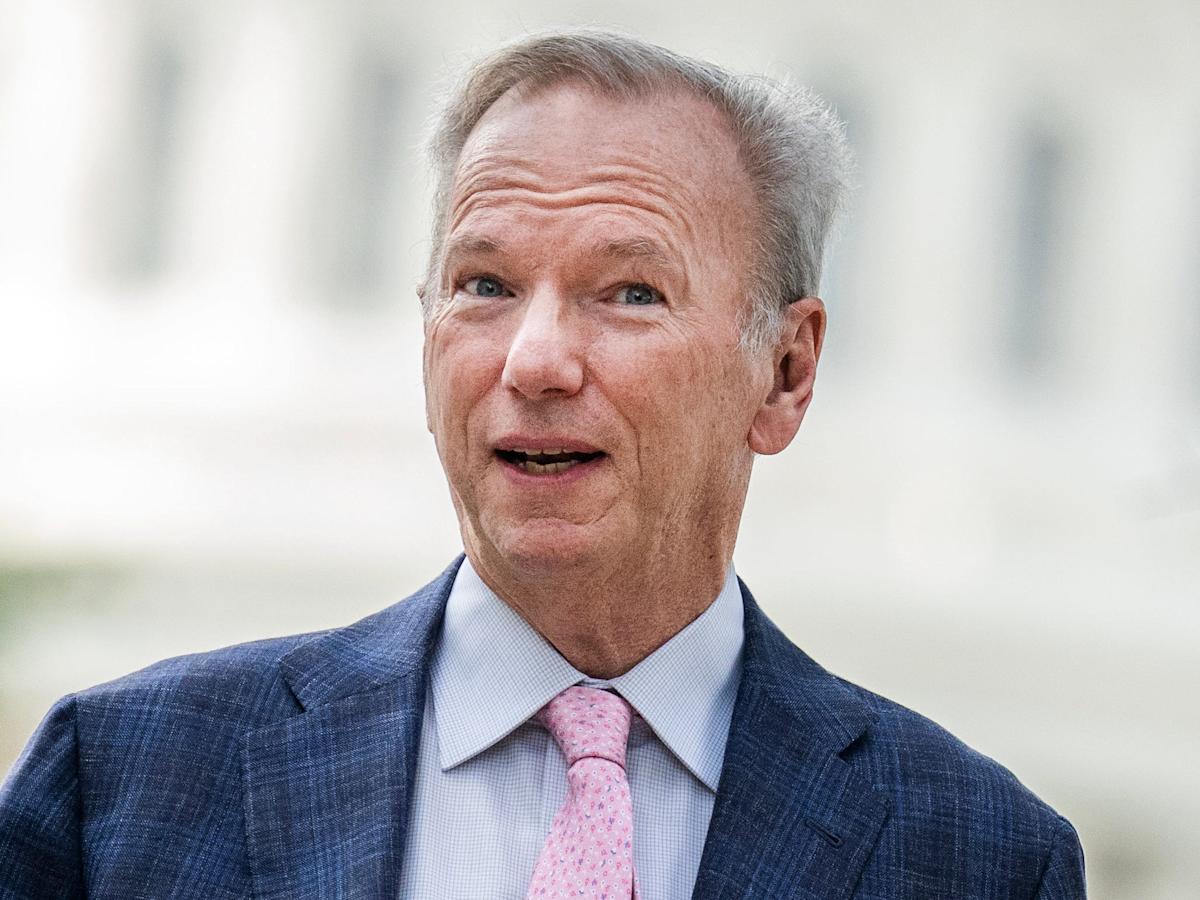Eric Schmidt says America’s ‘chaotic, confusing’ style is its greatest strength in the AI race
-
Eric Schmidt said America’s “chaotic, confusing” style of innovation gives it an edge in the AI race.
-
The former Google CEO said the US should lean into this strength.
-
Schmidt’s comments come as the US focuses on staying ahead in the AI race with China.
Eric Schmidt says the US shouldn’t fear its chaotic style of innovation — it should lean into it.
The former Google CEO said at the All-In Summit this month that America’s noisy, unpredictable system of venture capital, universities, and entrepreneurs is precisely what gives it an edge in the global AI race.
“We’re chaotic, confusing, loud, you know, but we’re clever,” Schmidt said in a discussion posted Thursday on the “All-In Podcast” YouTube channel.
“We allocate capital smartly. We have very deep financial markets. We have this enormous industrial base of universities and entrepreneurs,” he added.
Schmidt, who took over as Google’s CEO in the midst of the dot-com bubble burst, said Europe and Asia are “envious” of the US system and urged America to embrace its strengths.
“We should celebrate this. We should stoke it. We should make it go faster and faster,” he added.
Schmidt’s comments on the US came as he discussed how China’s work ethic and focus on consumer apps could make it competitive in the AI race.
He warned that China’s embrace of open-weight AI models could give its systems more global reach, likening the strategy to a new “Belt and Road” for technology.
“I’d much rather have the proliferation of large language models and that learning be done based on Western values,” Schmidt said. While the US pursues artificial general intelligence, it also needs to compete with the Chinese in “day-to-day stuff,” he added.
Schmidt did not respond to a request for comment from Business Insider.
The US has been focusing on staying ahead in the AI race with China.
In July, the Trump administration unveiled its “AI Action Plan” and said the US “needs to ensure America has leading open models founded on American values” because they could become global standards in business and academic research.
Analysts told Business Insider in a report last month that if the US doesn’t invest in the open AI race, the standards by which AI is developed will become Chinese.
OpenAI CEO Sam Altman last month announced GPT-oss, a family of large language models with “open weights,” and analysts said that could help close the gap.



Leave a Comment
Your email address will not be published. Required fields are marked *